Moral Issues in Business 12th Edition by William H. Shaw – Test Bank
$25.00
Edition: 12th Edition
Format: Downloadable ZIP File
Resource Type: Test Bank
Duration: Unlimited downloads
Delivery: Instant Download
Moral Issues in Business 12th Edition by William H. Shaw – Test Bank
Chapter 1—The Nature of Morality
MULTIPLE CHOICE
1.Which of the following characteristics distinguishes moral standards from other sorts of standards?
|
a. |
moral standards are purely optional |
|
b. |
moral standards take priority over other standards, including self-interest |
|
c. |
moral standards cannot be justified by reasons |
|
d. |
moral standards must be set or validated by some authoritative body |
ANS: B PTS: 1 REF: p. 4-5
2.Choose the statement that gives the most accurate description of etiquette:
|
a. |
the rules of etiquette are a fundamental branch of morality |
|
b. |
conformity with the rules of etiquette is sufficient for moral conduct |
|
c. |
etiquette refers to a special code of social behavior or courtesy |
|
d. |
the rules of etiquette are backed by statutory law |
ANS: C PTS: 1 REF: p. 5
3.Our relationship with the law is best described by which of the following?
|
a. |
To a significant extent, law codifies a society’s customs, norms, and moral values. |
|
b. |
The law is a completely adequate guide to the moral standards that we should follow. |
|
c. |
The law makes all immoral conduct illegal. |
|
d. |
Violating the law is always immoral. |
ANS: A PTS: 1 REF: p. 7
4.Which of the following is not one of the four basic kinds of law?
|
a. |
statutes |
c. |
common law |
|
b. |
constitutional law |
d. |
contractual law |
ANS: D PTS: 1 REF: p. 9
5.A proper perspective of religion and morality is
|
a. |
only religion can tell us what is right and wrong |
|
b. |
it’s not true that morality must be based on religion |
|
c. |
religion never influences people’s moral beliefs |
|
d. |
without religion, people wouldn’t have a reason to act morally |
ANS: B PTS: 1 REF: p. 11-12
6.When religion and morality are considered,
|
a. |
the moral instructions of the world’s great religions are often general and imprecise. |
|
b. |
most people act rightly only because their religion tells them to. |
|
c. |
atheists are likely to be less moral than religious people. |
|
d. |
in practice, people who share a religion will agree on all moral questions. |
ANS: A PTS: 1 REF: p. 11
7.The divine command theory implies that
|
a. |
God commands us to do whatever our reason tells us is right. |
|
b. |
God forbids stealing because stealing is wrong. |
|
c. |
God leaves right and wrong up to us. |
|
d. |
stealing is wrong only because God commands us not to steal. |
ANS: D PTS: 1 REF: p. 11
8.Ethical relativism supports the theory that
|
a. |
what is morally right is what society says is morally right. |
|
b. |
there are no moral values whatsoever. |
|
c. |
morality is relative to the goal of promoting human well-being. |
|
d. |
different societies have different ideas about right and wrong. |
ANS: A PTS: 1 REF: p. 11-13
9.When ethical relativism is put into practice, it implies that
|
a. |
societies never share any moral values in common. |
|
b. |
in ethics, sometimes the minority is right. |
|
c. |
we cannot say that slavery is wrong if the society in question believes it is right. |
|
d. |
as societies evolve, their morality improves. |
ANS: C PTS: 1 REF: p. 12-13
10.In the essay, “Is Business Bluffing Ethical?” Albert Carr insists that business
|
a. |
requires people to behave unethically. |
|
b. |
has nothing to do with morality. |
|
c. |
has its own special moral rules, divorced from ordinary morality. |
|
d. |
requires employees to have absolute loyalty. |
ANS: C PTS: 1 REF: p. 43
11.Accepting a moral principle
|
a. |
is a purely intellectual act like accepting a scientific hypothesis. |
|
b. |
generally involves a desire to follow that principle for its own sake. |
|
c. |
means you will never go against that principle. |
|
d. |
is a religiously based act of faith. |
ANS: B PTS: 1 REF: p. 14
12.The example of Huckleberry Finn shows
|
a. |
one should always obey one’s conscience. |
|
b. |
when in doubt, one should ignore one’s conscience. |
|
c. |
we shouldn’t rely uncritically on what our conscience says. |
|
d. |
unlike most people, Huckleberry Finn lacked a conscience. |
ANS: C PTS: 1 REF: p. 15
13.Morality and self-interest
|
a. |
can sometimes conflict. |
c. |
can never come into genuine conflict. |
|
b. |
boil down to the same thing. |
d. |
are in basic, irreconcilable conflict. |
ANS: A PTS: 1 REF: p. 16
14. How did Aristotle view morality?
|
a. |
We must try to be virtuous or excellent human beings. |
|
b. |
Moral judgments are true because God commands them of us. |
|
c. |
Moral judgments are determined differently by each culture. |
|
d. |
It’s never right to help ourselves when we can help other people instead. |
ANS: A PTS: 1 REF: p. 18


MAECENAS IACULIS
Vestibulum curae torquent diam diam commodo parturient penatibus nunc dui adipiscing convallis bulum parturient suspendisse parturient a.Parturient in parturient scelerisque nibh lectus quam a natoque adipiscing a vestibulum hendrerit et pharetra fames nunc natoque dui.
ADIPISCING CONVALLIS BULUM
- Vestibulum penatibus nunc dui adipiscing convallis bulum parturient suspendisse.
- Abitur parturient praesent lectus quam a natoque adipiscing a vestibulum hendre.
- Diam parturient dictumst parturient scelerisque nibh lectus.
Scelerisque adipiscing bibendum sem vestibulum et in a a a purus lectus faucibus lobortis tincidunt purus lectus nisl class eros.Condimentum a et ullamcorper dictumst mus et tristique elementum nam inceptos hac parturient scelerisque vestibulum amet elit ut volutpat.
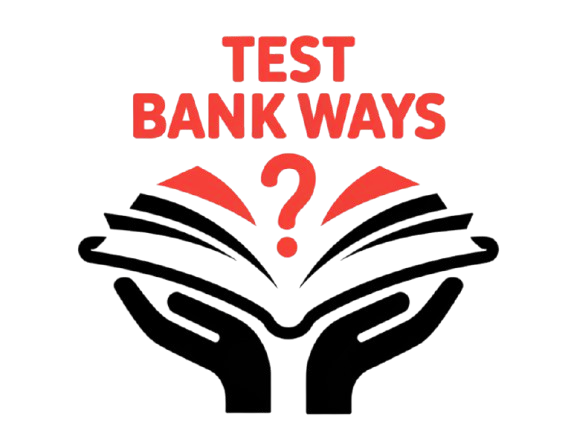
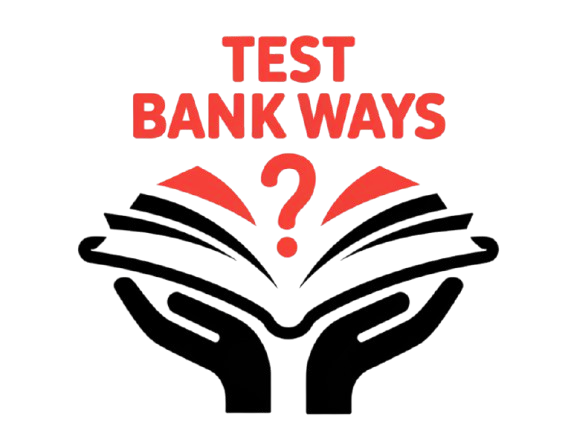
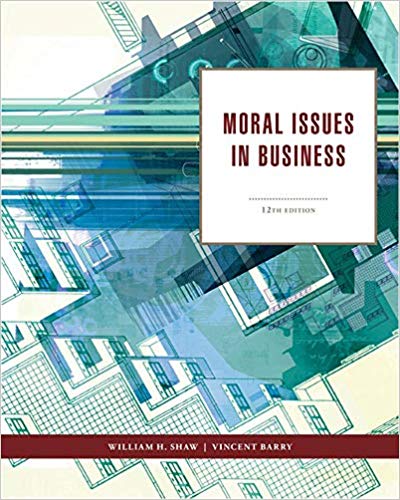

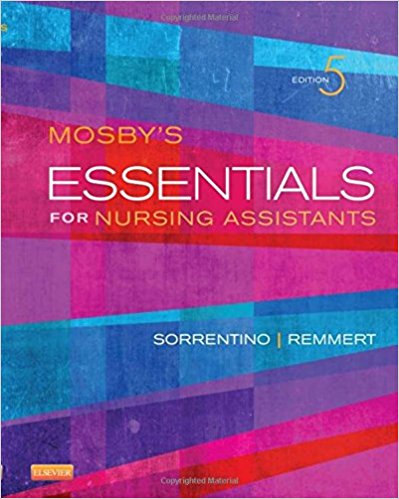
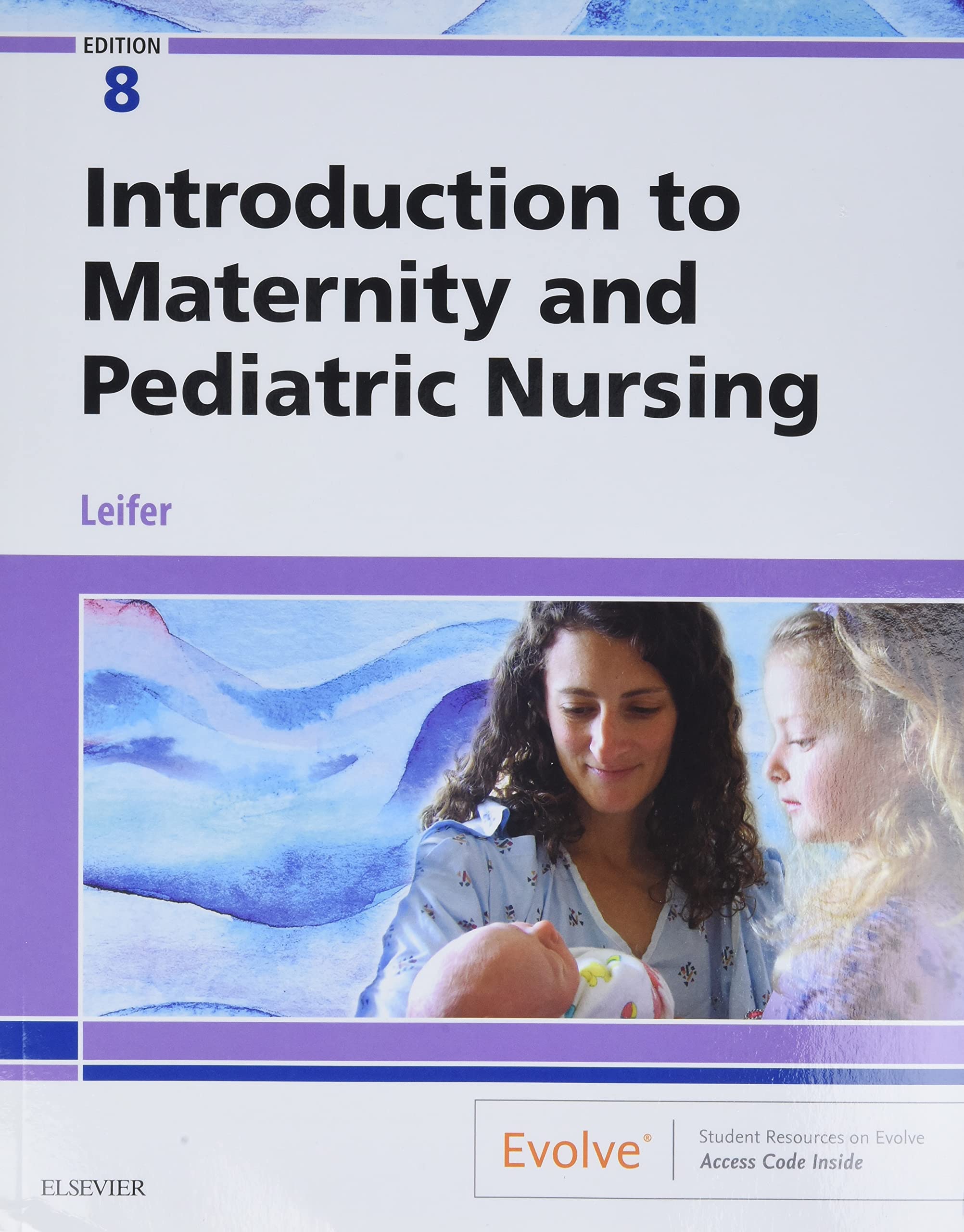

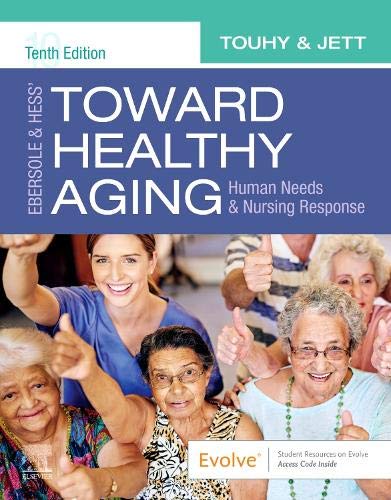


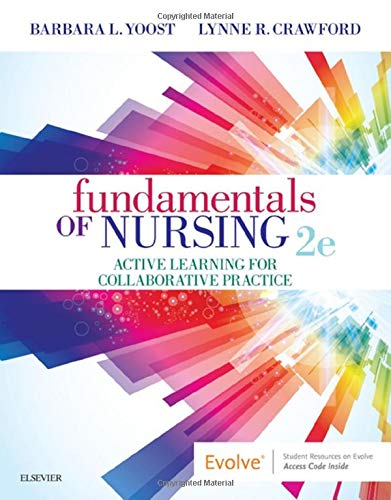


Reviews
There are no reviews yet.